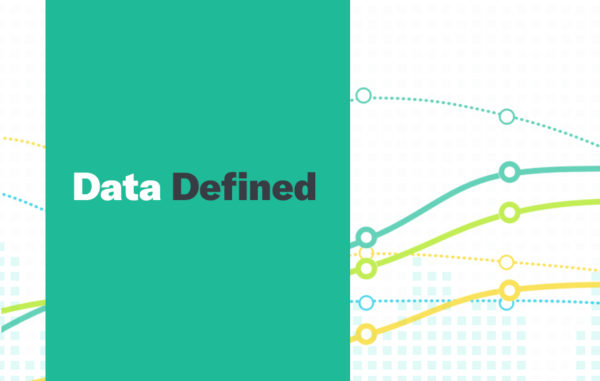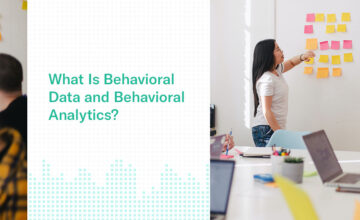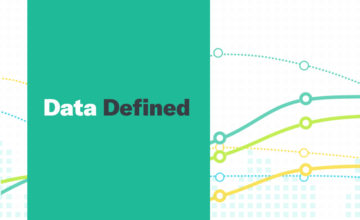R Programming Defined
R programming is a computer language and an integrated suite of software facilities, primarily used for statistical inference, data analysis, linear regression, time series, and machine learning.
R programming can provide users;
- an effective data handling and storage facility
- a suite of operators for calculations on arrays, in particular matrices
- a large, coherent, integrated collection of intermediate tools for data analysis
- graphical facilities for data analysis and display either on-screen or on hard-copy
- a well-developed, simple and effective programming language which includes conditionals, loops, user-defined recursive functions and input and output facilities.
To conduct data analysis with R programming, there are a series of steps:
- Program: R is a clear and accessible programming tool
- Transform: R is made up of a collection of libraries designed specifically for data science
- Discover: Investigate the data, refine your hypothesis and analyze them
- Model: R provides a wide array of tools to capture the right model for your data
- Communicate: Integrate codes, graphs, and outputs to a report with R Markdown or build Shiny apps to share with the world
Some of the benefits of using R programming include:
- Open Source – R is an open-source programming language.
- Exemplary Support for Data Wrangling – R provides exemplary support for data wrangling.
- Quality Plotting and Graphing – R facilitates quality plotting and graphing.
- Highly Compatible- R is highly compatible and can be paired with many other programming languages like C, C++, Java, and Python.
- Platform Independent – R is a platform-independent, cross-platform language.
- Machine Learning Operations – R provides various facilities for carrying out machine learning operations like classification and regression.
- Continuously Growing – R is a constantly evolving programming language.
In Data Defined, we help make the complex world of data more accessible by explaining some of the most complex aspects of the field.
Click Here for more Data Defined.


